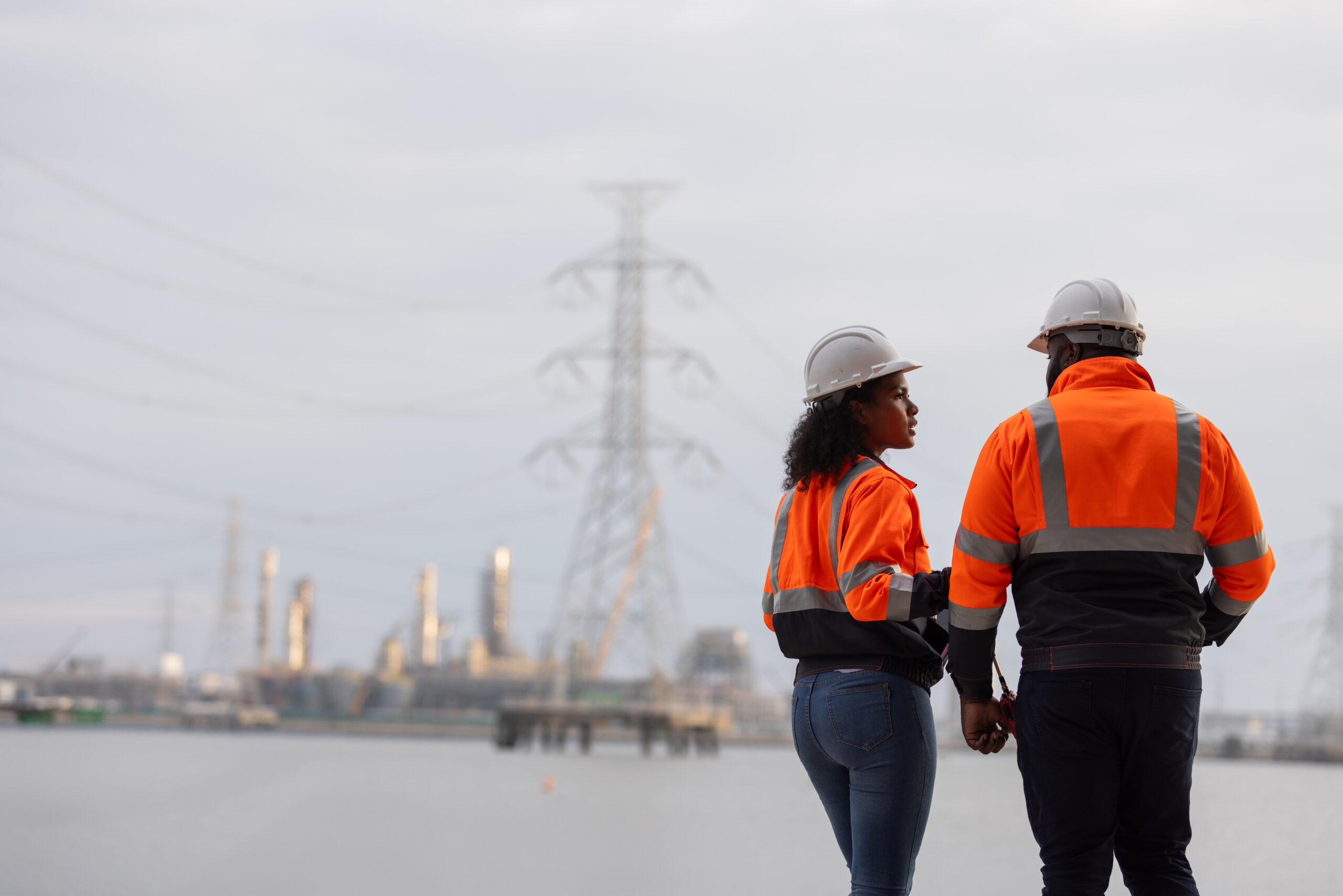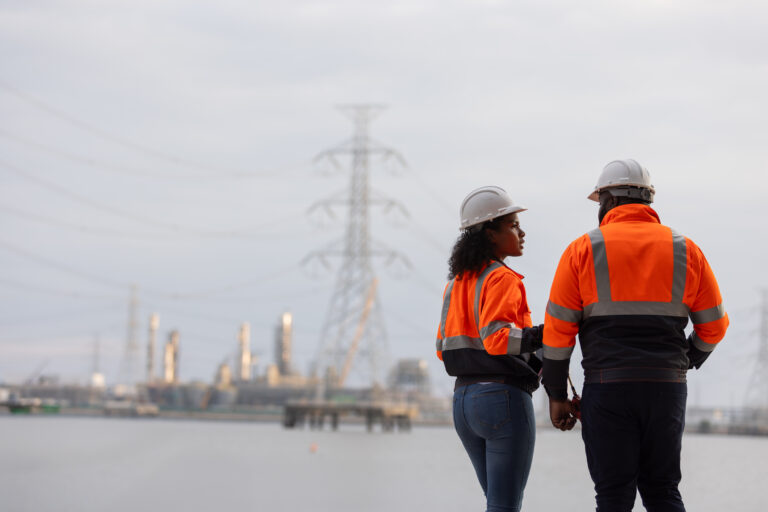The UK’s energy landscape is undergoing significant transformation, marked by policy shifts, regulatory developments and ambitious clean energy goals.
Alex Payne, our Director of Energy Markets & Procurement, outlines some of the key developments and what they could mean for your business.
Clean Power 2030
The UK’s energy priorities are rapidly evolving under the new government, with a bold plan to accelerate the decarbonisation of the sector through the Clean Power 2030 target. This ambitious plan aims for a predominantly clean electricity system by 2030, with at least 95% of electricity generation from low-carbon sources and no more than 5% from unabated natural gas generation.
How will we achieve Clean Power 2030?
The stark reality is that we are still heavily reliant on natural gas generation to power the UK, and reaching the target will therefore require significant investment in renewable generation, storage, and the expansion of the UK’s transmission network. The government is implementing recommendations to expedite the planning and delivery of new grid projects. These developments will likely result in increased Transmission Network Use of System (TNUoS) charges to help fund the crucial transition to clean energy.
Great British Energy
The government is establishing Great British Energy, a state-owned entity focused on investing in renewable energy projects. Headquartered in Aberdeen, Scotland, this initiative aims to accelerate the UK’s transition to clean energy, support infrastructure development, and stimulate economic growth within the renewable sector.
Zonal pricing
Zonal pricing is under consideration, whereby wholesale electricity prices would vary by region. This approach could create a more efficient and cost-effective system by reflecting local supply and demand conditions. However, it may also introduce complexities that affect generators, suppliers, and consumers. Decisions on these reforms are anticipated by summer 2025.
Emissions Trading and Carbon Pricing
The UK Emissions Trading Scheme (ETS) plays a pivotal role in driving decarbonisation. Discussions are underway regarding potential reforms, including the possibility of linking the UK ETS with the EU ETS to strengthen price signals and incentivise cleaner energy investments. As the electricity sector continues to decarbonise, attention is shifting towards emissions from industry, transport and agriculture – sectors critical to achieving broader net zero goals.
Market-Wide Half-Hourly Settlement (MHHS)
Starting in October 2025, energy suppliers will begin the transition to half-hourly settlement. This change aims to provide a more accurate reflection of energy use, enabling businesses to manage consumption more effectively and potentially reduce costs by shifting usage to off-peak periods. Get a head start and talk to us about non-half-hourly meter exchanges.
Conclusion
The UK’s energy sector is experiencing a period of substantial change, driven by policy reforms and the acceleration of net zero ambitions. For businesses, staying informed and adaptable is essential. Engaging with these developments proactively can uncover opportunities for growth, innovation, and enhanced sustainability.
Get in touch with our team today to discuss optimising your energy procurement budget, breaking down shifting policy changes and find out how else you can contribute to lower your carbon footprint in the race to 2030.














